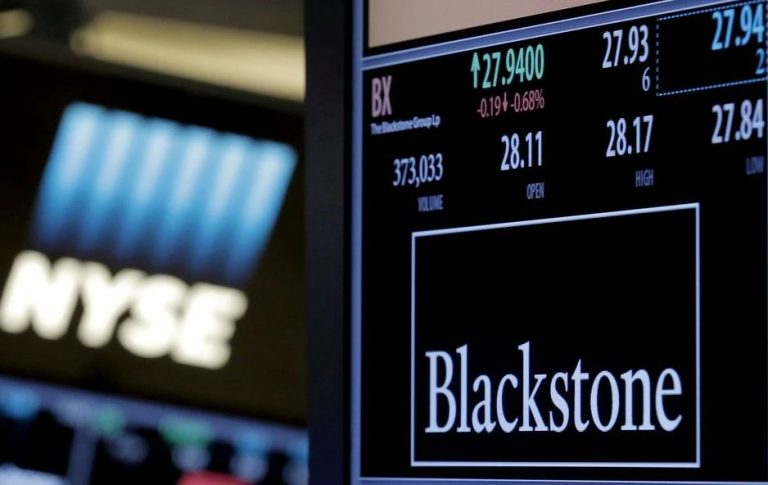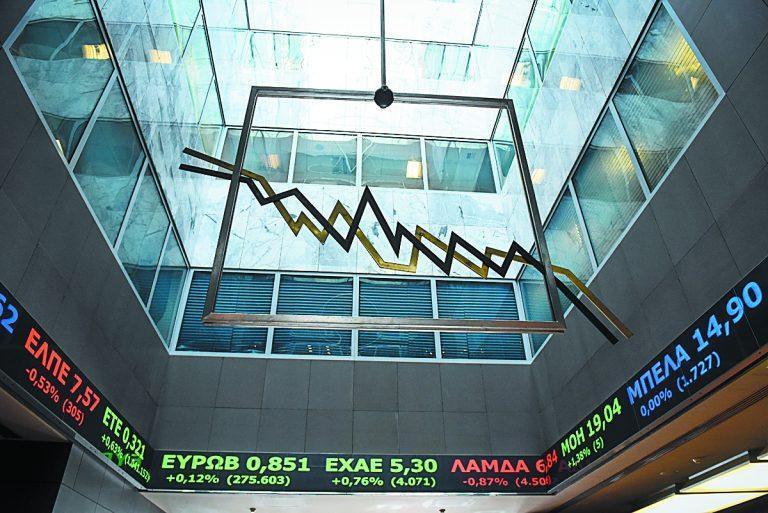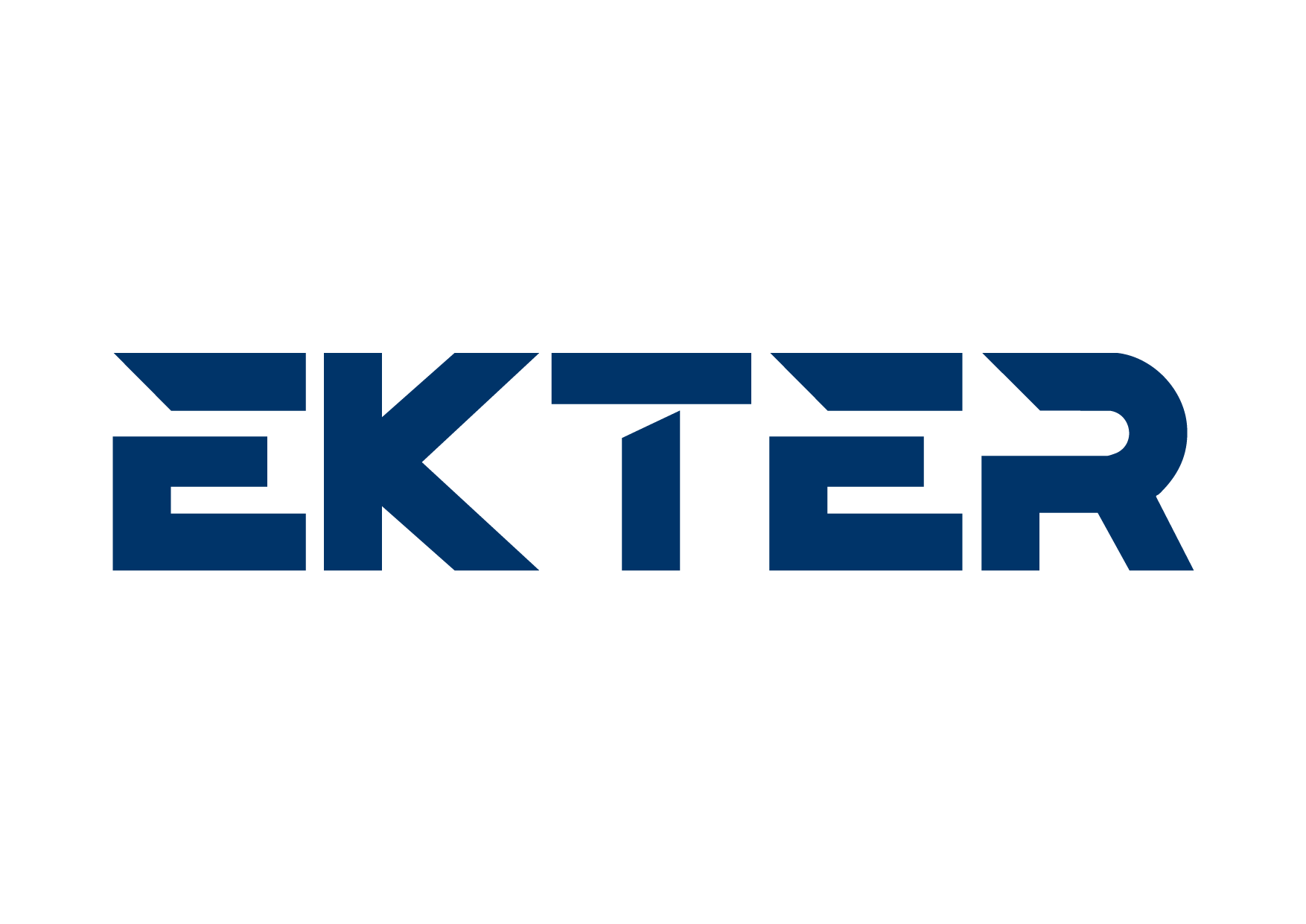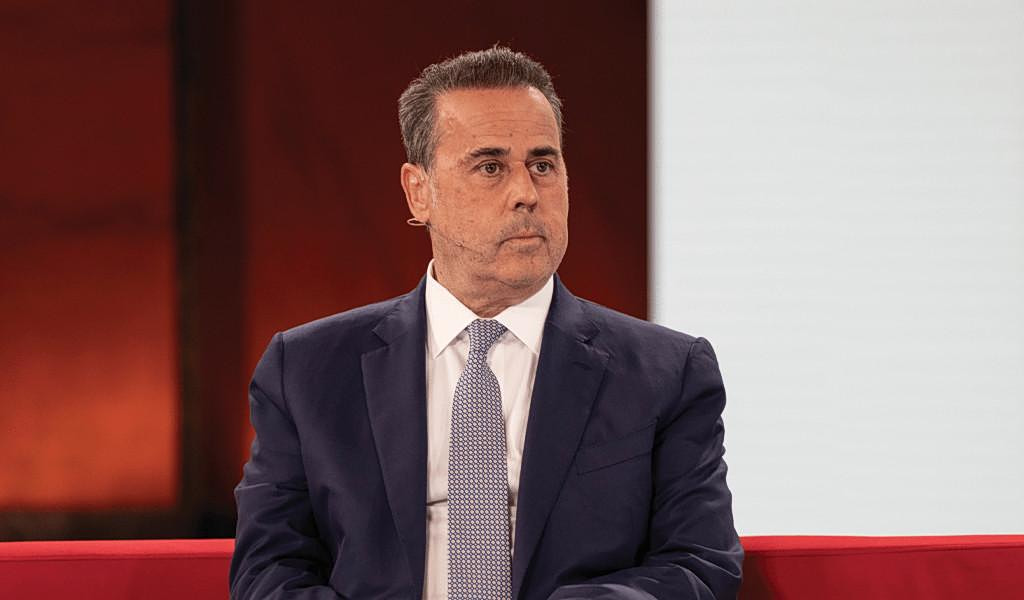Electronic payments have significantly increased in Greece according to the relevant authorities during recent years. However, despite the rise in electronic payments, even regarding small everyday transactions, the broader picture reveals that for Greeks cash remains the dominant payment method.
The European Central Bank’s (ECB) annual report revealed that 50% of Greeks said they preferred cash as their primary payment method, which is the highest rate in Europe. Even in Germany, where a cultural shift toward cash has been observed, the preference rate is lower, at 41%.
In contrast, cash has almost vanished from daily life in the Netherlands, where 79% of transactions are conducted electronically.
Europeans highlighted that they prefer cash due to the fact that it allows anonymity (41%), it also provides a heightened awareness of spending (35%) and immediate transaction settlement (30%). In Greece, cash usage is further motivated by the ease it provides in facilitating tax evasion and laundering illicit funds.
Greek consumers‘ payment habits have also been influenced by bank fees, especially regarding ATM usage. The ECB report notes that 32% of Greeks canceled a transaction due to high fees, while 37% completed the transaction only because they had no alternative.
Efforts are underway to address this issue, including a plan to eliminate fees for ATM withdrawals in remote areas where no alternative machines exist. Until now, fees have reached as high as 3euros per transaction.
This sentiment is also evident among citizens across the Eurozone, with 39% of respondents admitting they paid ATM fees because they had no other option, and 28% said they decided to cancel transactions due to high fees.
Despite the dominance of cash, electronic payments are gradually gaining ground among European citizens. Ownership of payment accounts across the Eurozone increased from 91% in 2022 to 93% in 2024. Interestingly, Greece saw a dramatic rise in account ownership, from 79% in 2022 to 92% in 2024.
However, the ECB has expressed its opposition regarding legislative efforts by member states to restrict cash usage as a means of combating tax evasion. For instance, the ECB rejected a Greek proposal in 2019 and recently flagged a similar initiative by the Dutch government.
The ECB’s rationale behind this stance is the fact that cash remains a vital part of the economy. It is particularly important for people such as the elderly, individuals with disabilities, migrants, socially vulnerable populations, and minors, who may lack access to banking and digital payment systems.
Additionally, cash offers resilience during disruptions in payment systems and protection against cybercrime.
Source: tovima.com


















![Οι αλλαγές στα ψηφιακά στοιχεία διακίνησης αποθεμάτων [Μέρος 6ο]](https://www.ot.gr/wp-content/uploads/2026/03/tax-468440_1280-1024x682-1.jpg)

















![Βουλή: Τοποθέτηση Μητσοτάκη για Μέση Ανατολή – Παρεμβάσεις πολιτικών αρχηγών [live]](https://www.ot.gr/wp-content/uploads/2026/03/ImgSrc-2-1-1024x683-1.jpg)




